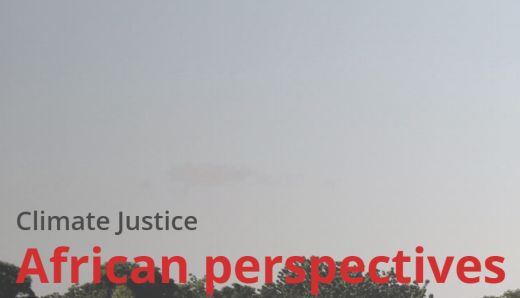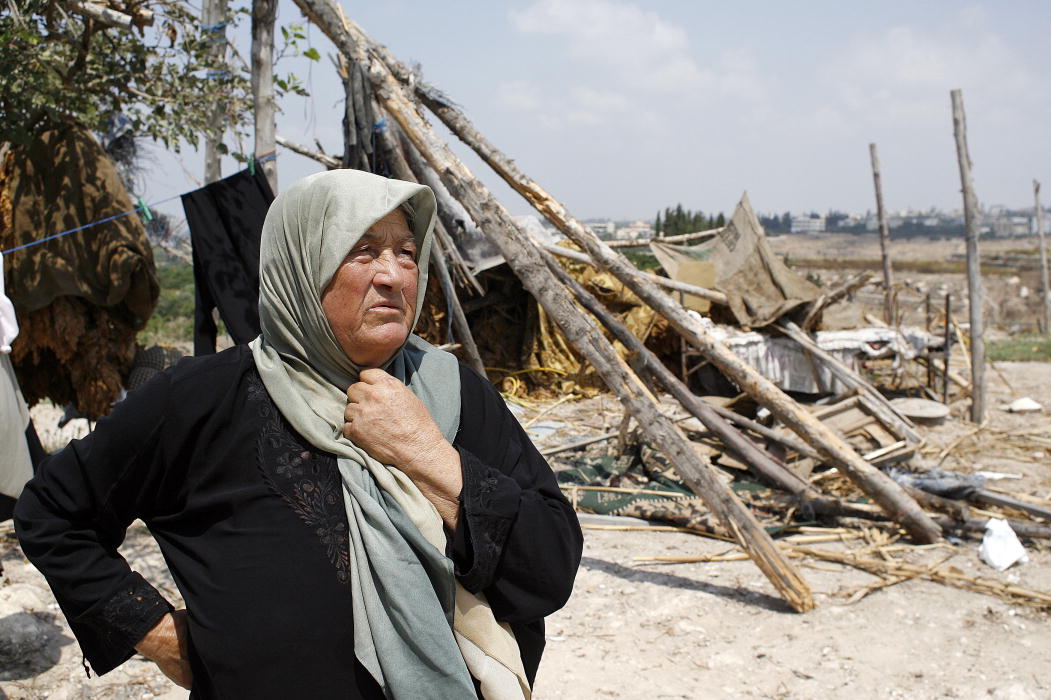Hydropower is Zimbabwe's main source of energy. In a country where only 40-45% of the population has access to energy, this source is now also threatened by climate change. Thus, power cuts are becoming more frequent. This has major implications for the people of Zimbabwe and the country's economy.
In our new online magazine Climate justice: African perspectives you can read how climate change is affecting the lives of people in Zimbabwe. Featured are the stories of small-scale entrepreneur Philip Muranda, vegetable seller Lindiwe Matambo and Tawanda Chitiyo, director of Tawanda Energy.
For Philip, the power cuts have major consequences: without power, he cannot work in his welding business. He often has to work in the middle of the night because that is the only time with power. Lindiwe sells prepared vegetables, which she cooks on electricity. As a result, she too often works at night. Eager to solve these problems, Tawanda has set up her own energy trading platform. Read the full stories our magazine.
These stories from Zimbabwe are the first in a series of stories on the impact of climate change in Africa that we are publishing in our online magazine. The magazine is part of our wider Climate Justice research that we are conducting with FEPS. Besides these stories, the magazine will also keep you updated on the rest of this research. Follow us on Facebook, Twitter or Instagram to not miss a story. And read Philip, Lindiwe and Tawanda's stories straight away in the magazine!





